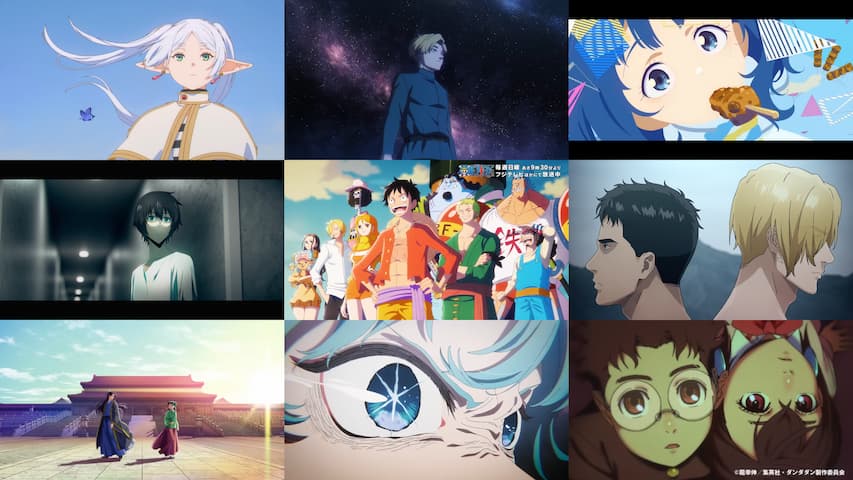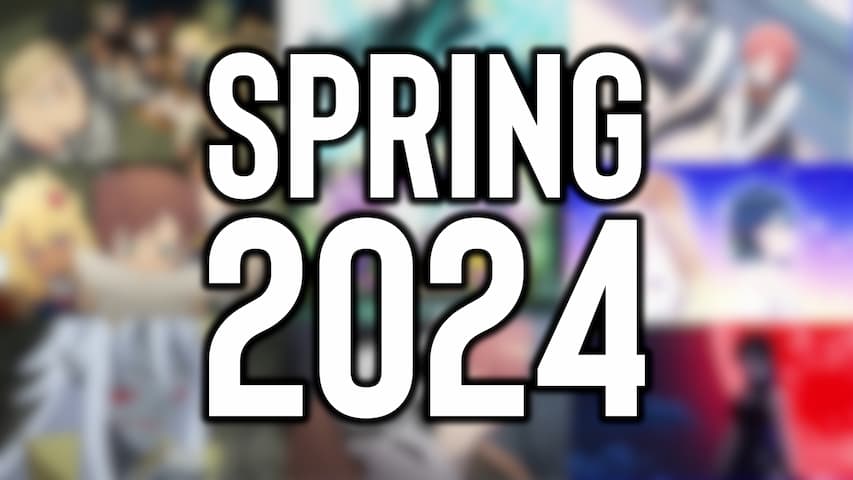Seasonal Anime Wrap-Up: Fall 2024

Ach ja, twas' a bit of a doozy season, eh? I mean, it’s more than ever a question on how you see it, I suppose. While I found myself eventually only discussing two anime with both of my friends together, there was one anime each I only talked about in private and for what the anime I watched by my lonesome are concerned… well, you can take a guess by the length of this very post. Alas, let’s make haste, get rid of this stupid way of writing this introduction and look back on the final season of 2024.
The ones that didn’t make it

I mean, dropping You Are Ms. Servant. was almost a given. At the end of the day, it is basically exactly what is written on the can, with the can just not being my kind of thing. A bit of a wet blanket of a goody two-shoes protagonist, the main gimmick being a kind-hearted pretty girl with a dark past learning to enjoy the mundanity of life, all wrapped in classic 2000s RomCom tropes and contrivances. For what it does, it does so reasonably well, and even the things I normally shake my head at were passable for me, but I simply lacked any kind of enthusiasm to go further than the first three episodes and if I were to truly yearn for some maid shenanigans, I would probably be better served by Mahoromatic anyway. However, it did give us a great Opening and Ending, which I can definitely recommend to check out at least once.
On the other end of experiencing something I was not enthusiastic about, I feel almost bad about putting Blue Box on this list. Firstly, I did watch the full twelve episodes of its first half and secondly, I have a hard time actively criticizing the series itself and not my relationship with it. As much as I went on about how I was surprised this is a Shounen Jump series, considering how standard it feels and doesn’t have something that immediately tells it apart from other romance stories, at the end, it is a well-constructed story, beautifully brought to animation and full of appeal… I just didn’t vibe with it past the first episodes. This isn’t just about me being #TeamHina, but the way the anime frames the relationship from mostly Taiki’s perspective and keeping Chinatsu’s point of view, with a few exception, purposely obfuscated, the seeming reluctance to make any meaningful progress with its characters and the constant back and forth with both the romance and sport aspect of the series. In another universe, there exists a me that is in love with Blue Box, but this one right here has decided to stop a viewing that has progressively become more and more frustrating.
Lastly, The Stories of Girls Who Couldn’t Be Magicians is simply a victim of circumstances. It is the only anime I didn’t keep up with weekly after its first two episodes, eventually accepting that I will probably binge it at the end of the season and when the time came, I just didn’t feel like it anymore. I watched another episode and decided my time could be better spent writing this very post. There is nothing wrong with the anime and it is also not like I didn’t enjoy the episodes I watched. The characters are fun and I really adore the animation style, but with so many good anime this year, simply being “good enough” is, in fact, not good enough.
Uzumaki

If I were just a bit more of a hack writer than I already am, I would simply call it a downward spiral and be done with it. Alas, it is not that simple. Uzumaki’s largest footprint on anime history will most likely be the question of what exactly happened during its production. After being first announced in 2019, episode one eventually blessed us with some pretty interesting approaches to adapting a manga, like keeping everything in gray-scale or a good chunk of the character animation being rotoscoped from motion-captured 3D-models. Come episode two, everything is falling in on itself, the staff credits look completely different and the whole Uzumaki experience turned from genuine anticipation, to just morbid curiosity. With so many twists and turns, it has been more of a rollercoaster.
But ignoring the production side for a bit, I don’t think I would haver ever fully enjoyed Uzumuaki, even at its theoretical best. I tend to simply not enjoy the horror aspects of most horror media and even Uzumuaki’s best moments don’t really do it for me in this regard. It also doesn’t help that its four episodes heavily condense the original manga, leaving a lot of plot threads either rather undercooked or hanging entirely. Combine this with a cast of characters I simply could not care about at all and I am essentially left with the imageries of the spirals… which fucking rule! While the inclusion in the narrative might seem a bit far-fetched at times, the ubiquity of the spiral in almost all aspects of our surroundings make it a really intriguing symbol and the series fully capitalizes on this phenomena, with the last episode tickling my brain in just the right way to almost ignore all its other shortcomings. It seems Junji Ito continues to be cursed with adaptations of his works, but I won’t blame Uzumaki for trying, no matter how lackluster it turned out in the end.
365 Days to the Wedding

You know the scene at the end of Inception, where the spinning top seems to lose momentum and tip over, but the music and screen fade out before we can see what actually happens to it? The ending is explicitly ambiguous and to be interpreted, but I am under the impression that arguing, whether the top keeps spinning or not, is in itself quite the futile endeavor, as the implication of either outcome simply does not matter. Dream or not, Cobb is back together with his family.
Now, you may wonder what this has to do with 365 Days to the Wedding. If so, wonder.
Believe it or not, I actually had a pretty good time with the first couple episodes of this anime. While I didn’t particularly care for the premise, I thought the atmosphere and characters were done rather well and exploring the mindscape of our two protagonists under the guise of what marriage means in general would lead to some interesting ideas to be discussed. And I was right, it does lead to some pretty interesting ideas, but, unfortunately, 365 Days to the Wedding doesn’t seem even the slightest bit interested in them, or at least enough to ponder on them any longer than it would take to make a point.
Oohara and Honjouji, and by extension the rest of the cast and anime as a whole, are really frustrating to watch, as fundamentally nothing changes, yet we are confronted with the idea of change. What if these two strangers pretending to get married were to grow closer and fall in love for real? Can love bloom under such complicated circumstances and the constant reminder that the concept of marriage is in itself looked upon through rose-tinted glasses? What 365 Days to the Wedding is concerned with, the answer is an unambiguous yes, presented with all the theatrics the finale of a romantic comedy is supposed to have on display.
Now, how did we come to this conclusion? Well, I don’t know. 365 Days to the Wedding is simply not a particularly engaging romance, filled with redundant doubts of our two leads with not enough moments of them seemingly making progress, either internal or as an actual couple. We do get some crumbs, be it Hounjouji’s impulsive declarations under the influence of either alcohol or mild annoyance, or Oohara’s willingness to take their relationship into a direction, but it never leads to anything substantial, always leaving us hanging on a theoretical what-if. The season supposedly ends in a very different state than the beginning, yet It doesn’t seem to me the characters have changed all that much, as they didn’t really spend any meaningful time together as to change their relationship from the state introduced in episode one. From the trip to Oohara’s family, to the short time they lived under the same roof, the material was just too weak for me to believe the two actually like each other more than friends if it weren’t for the circumstances.
It certainly also doesn’t help that the structure of the anime is all over the place, with the actual romance bits eventually coming way too late towards the end, when the sudden progress feels more distracting than satisfactory. It is not that I don’t want the two of them to come together, but when the relationship is mostly defined by the shared angst of becoming lovers in the first place, maybe ending on such a clear and happy note misses the one sole mark it had a chance of hitting for me.
In short, I didn’t really enjoy it and failed to see what it tries to go for after the first two episodes. But most importantly, I once again feel like a clown for not having the courage to just drop something, especially when the signs were quite obvious for me after barely the first third.
Dandadan

Damn, Shounen Bros and Gals weren’t lying. The first episode may be hit or miss for some people, but from there on out, it is genuinely great in ways you wouldn’t typically expect from something that can still be argued to be classified as a normal Fighting-Shounen series. From the creative mix of urban legends and aliens, the unconventional power system, flipping from one genre to another in a single episode and especially the characters. Momo and Okarun are arguably a runner-up for not just the best co-protagonists, but also for favorite romance this year, Aira and her main character syndrome lives rent-free in my head and while Jiji has yet to shine in his arc, he sure as hell makes for a great (read: really damn weird) first impression. Also, Seiko is perfect. We respect our elders in this house!
It is hard for me to point out what exactly I like about Dandadan. Superficially, the action is fantastic, the comedy hits its marks and on the production side of things, it really shows how far good color design can elevate an already beautifully directed and animated series. But beyond this, there is a lot of heart under all the supernatural shenanigans: The genuine drive for friendship and helping others, slowly coming to understand their world around you and the love other people can share, be it the knack for all things occult, or a parent giving their all for their child.
It is the fallout of winning against the earthbound spirit, Silky Acrobat’s backstory or even Aira coming clean about the rumors she spread and talking it out with Momo. There is a subtle drama underlying all the eccentrics, which grounds it in reality and builds the actual core of Dandadan and it would need someone smarter and more observant than me to fully articulate it. For now, let’s just say that it is really good and I am eagerly awaiting its second half.
Sword Art Online Alternative: Gun Gale Online II

Following up on the first season of Gun Gale Online might be nigh impossible. Not because it was particularly good, fun as it may be, but because it feels so conclusive to the point I wondered what could even be substantially added after LLENN and Pitohui’s character arcs are more or less resolved. The answer, unsurprisingly, turned out to be nothing, really. Instead, we simply get to see how their lives continue. Pitohui is still a musician, M her assistant, Fuka plays other games and LLENN hangs out with the girls from the rhythmic gymnastics club and when the time comes, they all come together for another Squad Jam.
Honestly, I don’t even mind that much. The characters are fun and so is seeing them simply play the game. The Squad Jams are also ever evolving and with a relatively sizable cast, it is not like it has to devolve into a rehash of the events of the first season. With that being said, I don’t think the material was that strong this time. Especially the first arc was rather tedious, slow and didn’t deliver on the moments I would have loved to see. Also, with a bigger focus on the other teams, it becomes a lot more clear how they are either one homogeneous entity or one defined character accompanied by random people in similar clothes.
It was not all disappointing, though. We get one entire episode of Shirley vs. Clarence, David certainly has some moments and the second arc gives us a fun setup where the different teams are allowed to fight together against competent enemies. But with that being said, I am a lot more lukewarm about this season and it certainly doesn’t inspire a lot of confidence, if it were to get another season in the future.
One Piece Fan Letter

There is a certain sense of meta-textual beauty in these short 24 minutes. Of course, it is an hymn to everything that makes the long journey of One Piece great, but above all, it is a love letter to everything that makes One Piece so very special to its many fans… me absolutely included. Because it is not just about this one marine saving his brother after a certain boy’s devastating cry, about a couple of drunks arguing over who is the strongest or even this one singular unnamed girl trying to deliver a letter to her idol. It is about us and everyone who considers these characters dear to them, because for as fictional as they are, the impact they have on our life is very much real.
And even without the sentimentality of it all, I wouldn’t be able to downplay just how good this episode is. Creating parallels of Luffy’s brotherly love by interspersing small moments of the Summit War from the perspective of normal soldiers, the usage of shadow and light to show how much Nami means to the little girl’s own freedom or everyone coming together to make the next step on the strawhat’s journey possible, with the motif of the jigsaw pieces finally coming together. Pure kino, endlessly rich in thematics and delivering every single emotional beat to perfection. Incidentally, I didn’t cry when the credits started rolling and the voice cast sang a cover of “We Go!”. No, I only started bawling my eyes out a couple minutes later, because there was just so much to process emotionally. And even now, just thinking about the final chase and the girl being able to see the strawhats sail off, even for just a moment, makes me feel emotional.
Acro Trip

Acro Trip is a bit hard to describe in terms of what my opinion about it exactly is. Let me be clear: It is fun, I never had a bad time and even looked forward to most episodes. However, it is also an anime that doesn’t really give you anything you wouldn’t expect from it. There isn’t really anything in terms of progression, as the story doesn’t move away from its main premise, to the point most episodes could be watched out of order, the characters are static and in terms of execution, most of the episodes and jokes aren’t that funny. And let’s not talk about the production being held together by duct tape and prayers. Don’t let the title image fool you, we get one kinda cool fight in the first episode and that’s it.
But at the end of the day, you know, it’s fine. Nothing I could call genuinely great and I doubt I will ever find myself in a situation in which I were to recommend Acro Trip to anyone, but it was a fun seasonal that will most likely slowly be forgotten, but at least not be remembered badly. Also, it’s nice to see a girl and a grown adult hanging out together without being weird and watching Chizuko’s classmate desperately trying to get her attention was a good running gag.
Mecha-Ude: Mechanical Arms

Regardless of how much I eventually enjoyed Mecha-ude or not, I genuinely think more anime like this should be able to exist. After the pilot was crowdfunded and released in 2018, Mecha-Ude clearly turned out to be a passion project for director Sae Okamoto and the newly founded FriF Studio and you can see this love all over the place. Rough around the edges, it is an ambitious project wearing its influences on its sleeves and the fact that it struck its landing in any capacity should be celebrated, especially in light of how the current state of the anime industry looks like.
With that being said, I wouldn’t call Mecha-Ude particularly good. Definitely far from bad, but flawed in a lot of ways. Some of it comes down to me simply being outside its target demographic. It is not childish or anything, though I think I have the same problem with Mecha-Ude’s need for comedy in serious moments, as with Fullmetal Alchemist, but rather it utilizes a lot of classic shounen tropes and plot beats, which I weren’t able to full-heartily stand behind, nor are they executed as good as seen elsewhere. Add a rather generic plot, as well as some predictable twists into the mix and I doubt I would ever be able to enjoy it as much as similar titles.
Another problem is just time. I would most likely feel a lot more confident in its narrative, if it were allowed twice its episode count. Not only would the story flow a lot better, as, at times, it seemed like scene were just straight-up missing and the short epilogue and credits clearly show, that there is more to the world of Mecha-Ude than told in its twelve episodes. But most importantly, I think the characters simply needed more time to breath. I like most of them, but at times I even struggled to remember what their deal was, or where they currently stand in relation to everyone else, as everything kept moving so fast and some obviously had to be left by the side lines to make room for a climax which fundamentally feels rather undercooked thematically. Like, I enjoyed Hikaru’s struggle and indecisiveness to respond to the call for action, but simply referencing the scene from the first episode again, elicited more a “Right, there was something”, rather than an acknowledgment about how much he has grown, which is not something you want from your ending.
I’ll Become a Villainess Who Goes Down in History

I would be hard pressed to call… *looks up synonym*… Rekiaku(?) particularly good or even competent at times. From my rather limited perspective, it very much seems like a female-oriented power fantasy, but based on Otome Games and not your fantasy-adjacent RPGs, as the structure and general vibe more or less overlap for the most parts… which tends to not be a good thing for me. With that being said, I thoroughly enjoyed this anime more than I would have imagined when looking over the seasonal chart. And I want to stress that my enjoyment is most likely founded in my otherwise lack of experience in this sub-genre, especially since My Next Life as a Villainess and I’m in Love with the Villainess are apparently not classical Otome Villainess stories, but I can’t deny that I actively looked forward to the next episode each week.
Alicia is simply a fun character to, if not root for, at least observe. Essentially, she very much embraces the villainess role she was reincarnated into and doesn’t even necessarily want to prevent her own doom a potential bad end would bring about. Instead, she chooses to be a better villainess, one that can proudly stand in the way of the heroine, not because she is baffled by how a simple commoner and her stupid light magic dares to question the natural order of only the nobles having magical abilities, but by challenging the very assumptions the existence of said heroine and her way of thinking brings about.
In short, she wants to become more a rival than a villainess who goes down in history and she does so by immediately developing class consciousness and reading up on critical theory, because if you want to truly be hated, your enemies don’t stop at some random hormonal teenagers. Bring on the real structural change! It is funny how the heroine doesn’t even make an appearance until the second arc, because for a good chunk of the series, we follow Alicia fulfilling her own ideal of a villainess. Sure, some is spent on becoming overpowered early on, but the rest explicitly about challenging the assumption of the world she finds herself in. And when the heroine finally makes her debut, there are some genuinely interesting ideas at play, with some of my impressions ranging from a tragedy of her own subconscious making, to actually just her being an apathetic psychopath. Seriously, seeing the slow deconstruction of a character, to the point where we have to ask ourselves if the pure ever-loving heroine might be capable of just hating someone instead, was surprisingly engaging. Sure, the anime constantly stumbles and barely stands up again in how it does so, using a plethora of not so great generic plot points, but there is spice in this otherwise harmless looking dish.
Negative Positive Angler

It feels almost redundant to even mention that Negative Positive Angler is obviously more than just about fishing. It is about as much about a down on his luck guy literally stumbling his way off a bridge and into an eccentric group of fishing-loving weirdos, as it is about learning some valuable lessons about life along the way. This much is basically to be expected from such a series, though not to downplay either the fishing or the live lessons. There was clearly a lot of thought put into both aspects and especially how to integrate one into the other. Not to oversimplify the anime, but Tsunehiro does indeed fish himself out of depression, as the series as a whole rejects the nihilism of the everyday or a lack of time.
To steal ANN reviewer Steve Jones' words, Negative Positive Angler is very confident in its quietness. It doesn’t beat you over the head with anything and, like with our protagonist, lets you just engage in the activity and make the connections for yourself. To keep up with the fishing metaphor, sometimes you have to deal with the smelly ground bait or spend hours without a single catch, but the point is that this is life and as much as fishing does not directly serve a purpose, it is still fun and gives you a chance to connect, be it with other people or yourself. All this is made possible and elevated by a great cast of characters. Despite only being twelve episodes long and half of them being absent most episodes, it really feels like I know them good enough for each episode to make its point poignant and hit its emotional beats.
This is the aspect where the drama really shines. Episode per episode, there isn’t really a sense of progress, as they mostly focus on one character specifically, while Tsunehiro is tagging along, yet several episodes later, you see how he has developed, became more in touch with reality and regains his own sense of agency again, to the point that there can be an explosive and dramatic finale… or rather the build-up for the finale. I adore how low-key and, well, quite the anime actually ends. Neither negative, nor positive, life goes on and it is your decision to let yourself simply get carried by the stream or swim against it.
Magilumiere Magical Girls Inc.

In theory, Magilumiere should be made for me, as the magical girls are just adult women working as public servants at a tech start-up. Like, Hey, it me! (Except I am neither magical nor girl). I am a real sucker for the fantastical being grounded in the mundane reality of the real world and at its best, the anime fully delivers in these moments: Spending a day reading the manual of your broom, because it is an over designed piece of technology and software, having to deal with other companies' business practices or simply going to karaoke after a long day at work. As a workplace comedy and slice of life, Magilumiere has enough good ideas in store for me to even watch the announced second season.
However, what it holds back for me is the actual magical girling. Sure, some of it can be blamed on the rather sub-par production, which never fully delivers on the otherwise ambitious vision at hand, but it is mostly about tone and atmosphere. Beyond the incredible opening scene, the action never gets your heart pumping, despite the seeming danger and urgency of the monsters. The dramatic moments fall flat, because the character drama is seldom that well incorporated into the actual happenings of an arc and even the lowkey shenanigans seem more boring than charming. This all makes most of the magical girls' outings kinda hard to watch, because the series as a whole clearly displays a love for the genre and plays itself mostly straight in this regard. It just doesn’t play to its own strength that often.
I feel like the little arc about the shopping district is where Magilumiere stands most comfortable, as the conflict wasn’t about whether or not Kana and Koshigaya are able to defeat the monsters, but how to do so without leveling the place in the process, which also plays into what makes their magical girl company so special (Beyond agile project management, lmao). There is a sense of responsibility and aesthetics behind their work, which gets diluted if they simply have to defeat a big strong monster in a vacuum.
What’s left?
What seasonal anime are concerning, nothing really. Sure, there is Re:Zero, but I will have to wait until all episodes are released anyway. Other than that, I quite literally gave every anime I was interested in a shot this season, which also led to me watching a lot of anime neither my friends, nor apparently anyone else has seen. Though, to be fair, outside some gems, this season was mostly filled with highly anticipated adaptations, sequels and a plethora of mediocrity I simply didn’t care about. Outside the seasonal chart, there is the first half of the final season of Beastars, which was recently released on Netflix, as well as their Mobile Suit Gundam: Requiem for Vengeance, to both of which I haven’t been able to get to just yet.
And that’s about it. We are closing the final chapter of 2024 and will most likely see us back again for what 2025 has in store.
Related Posts
Comments
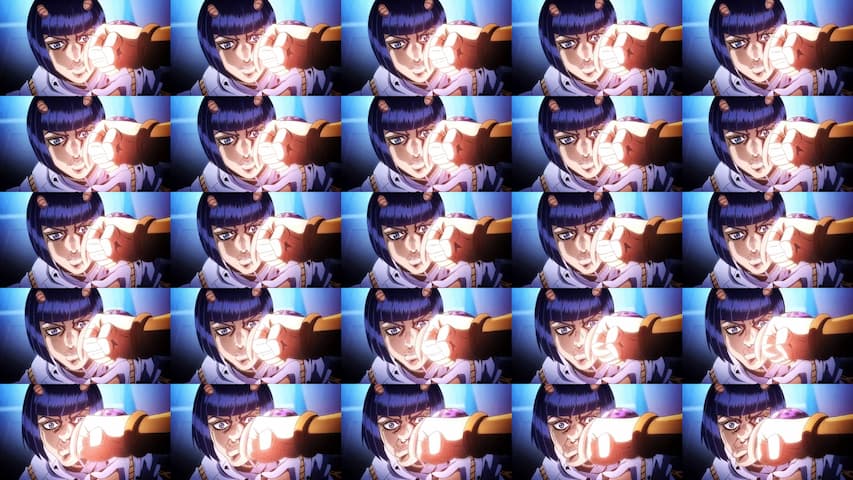
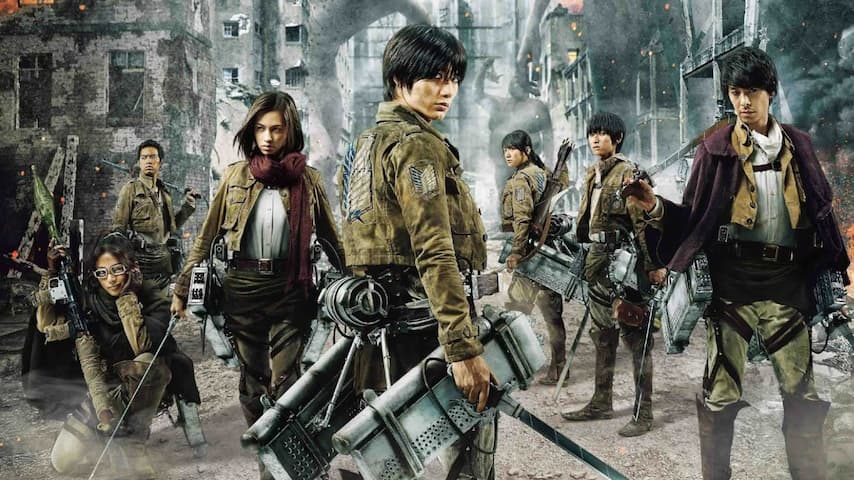


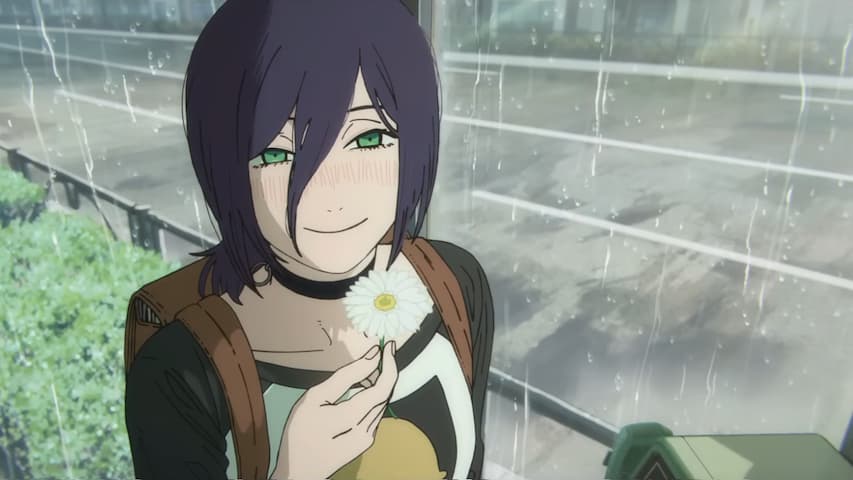
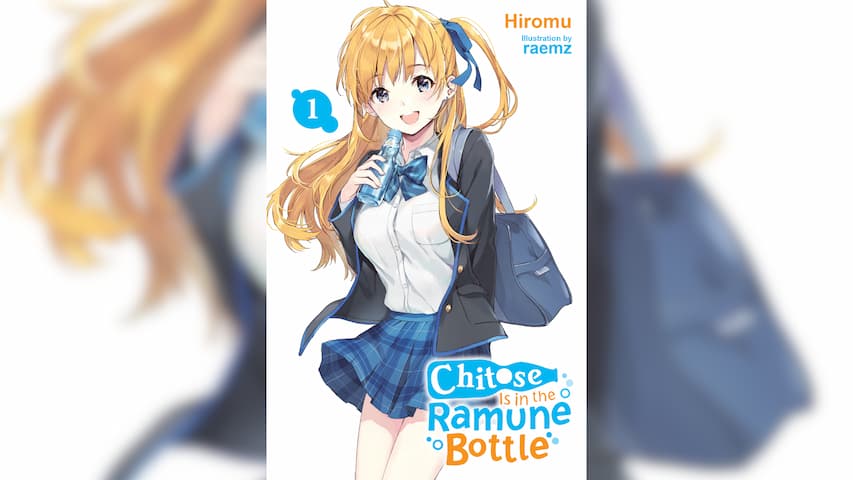

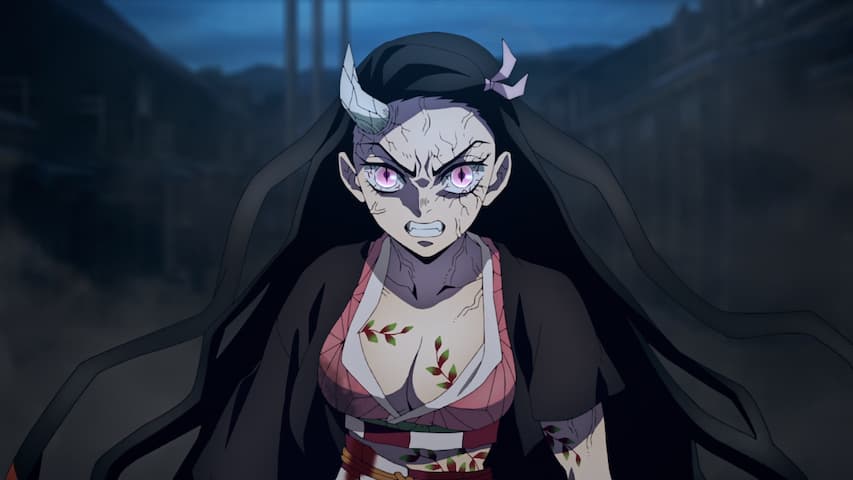

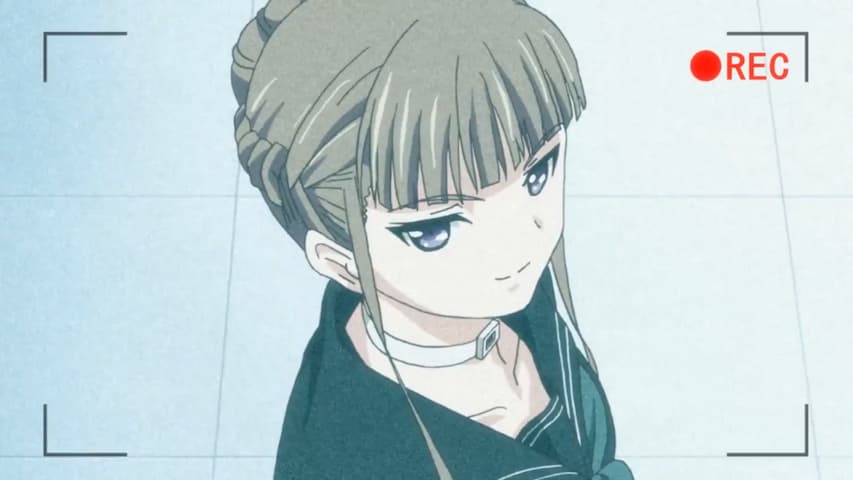
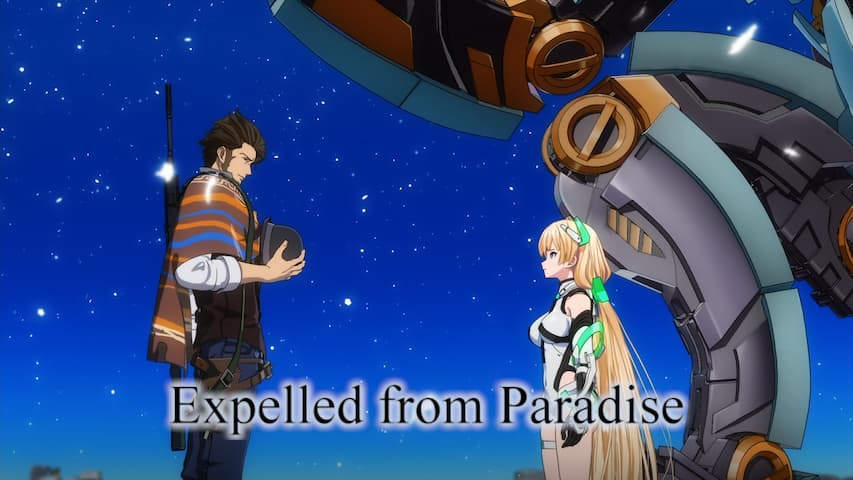
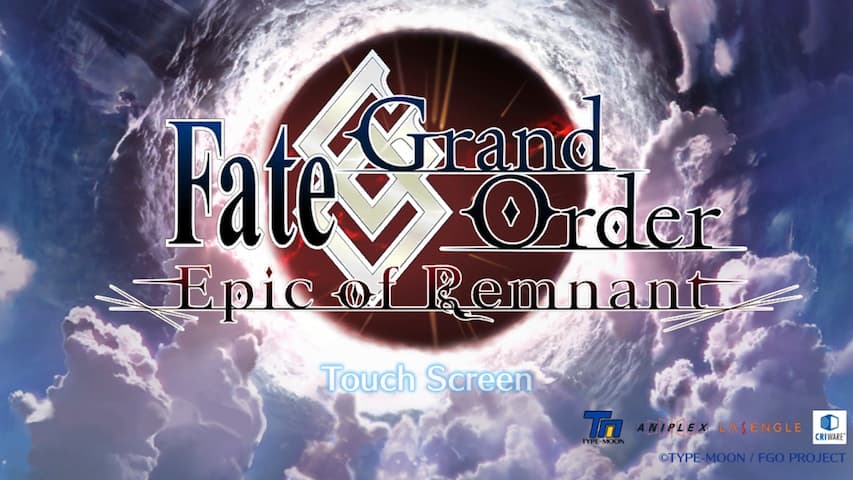

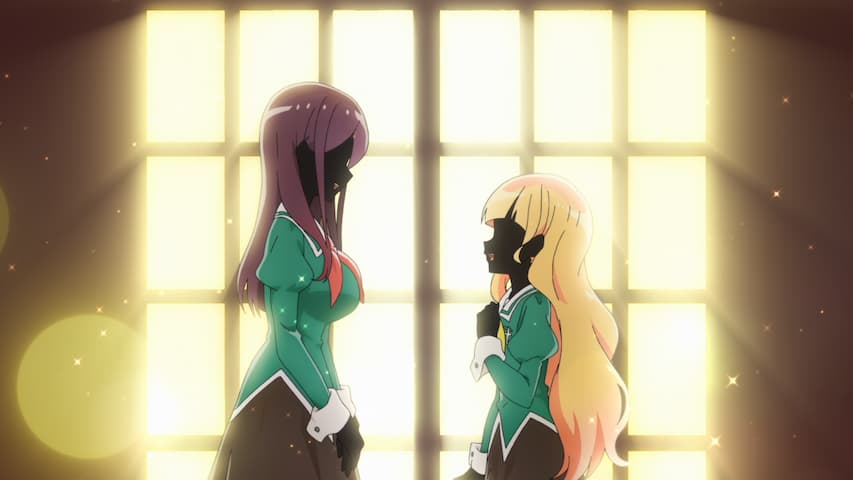
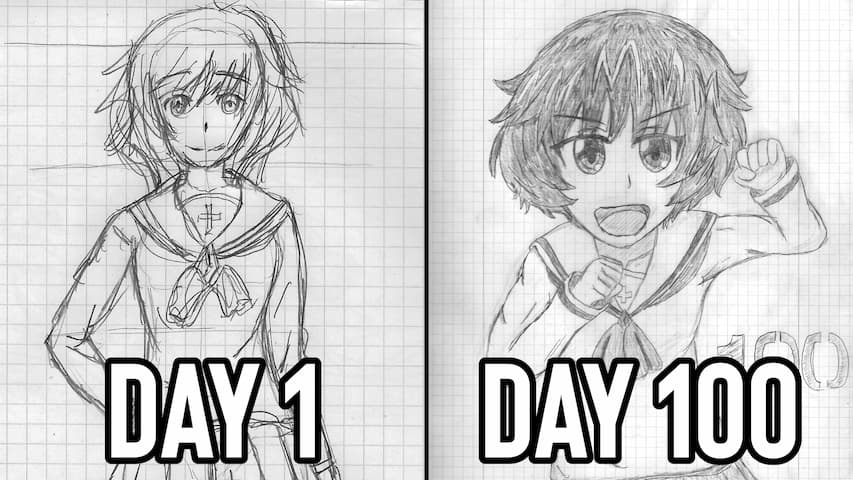
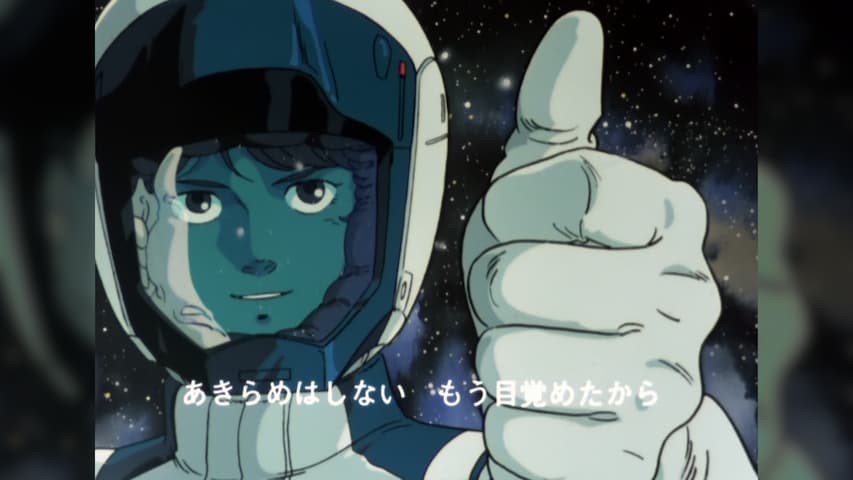

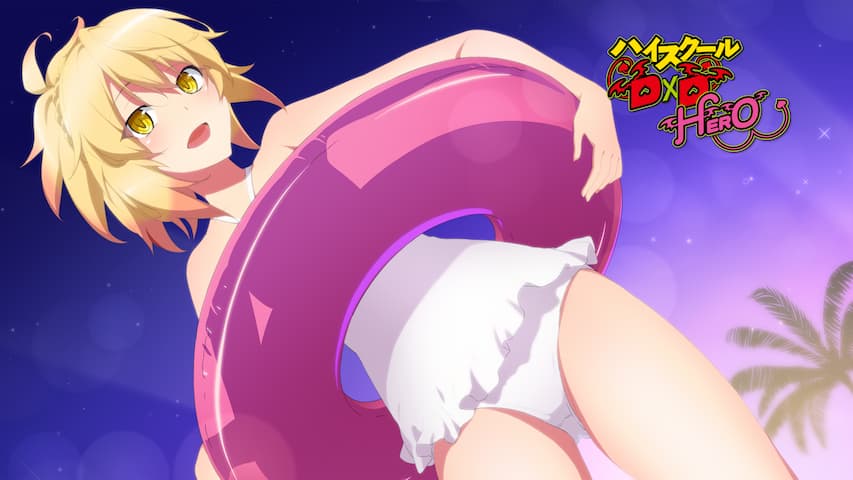
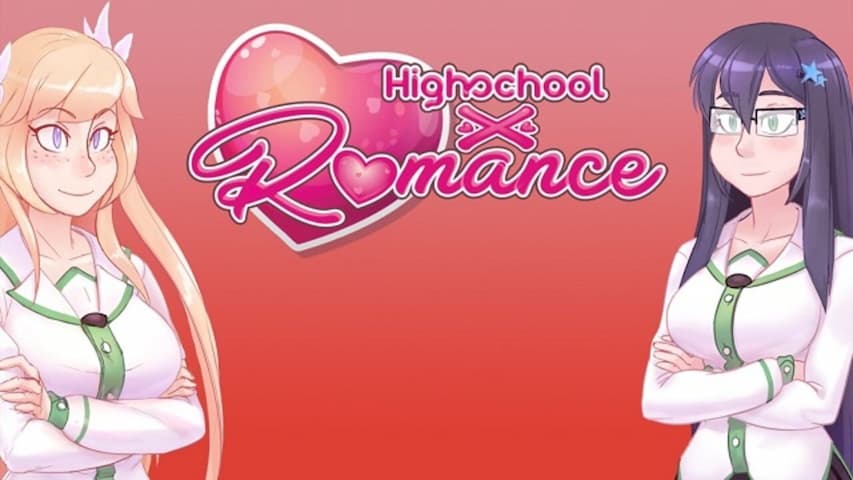
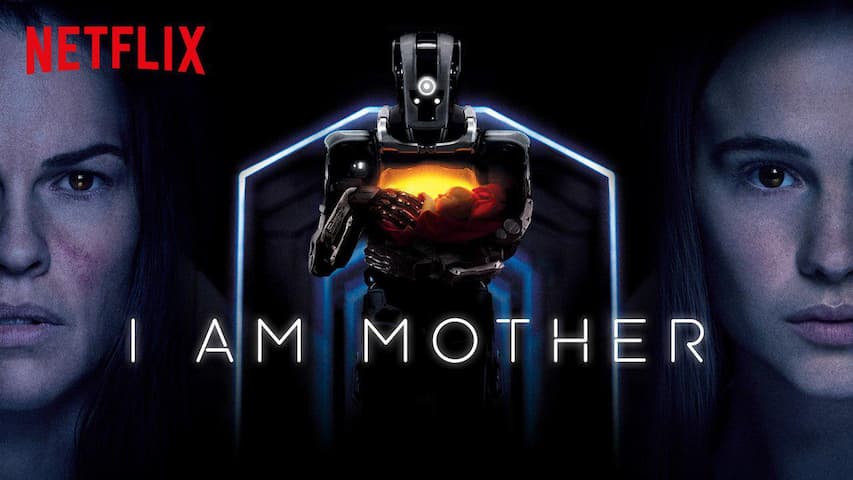
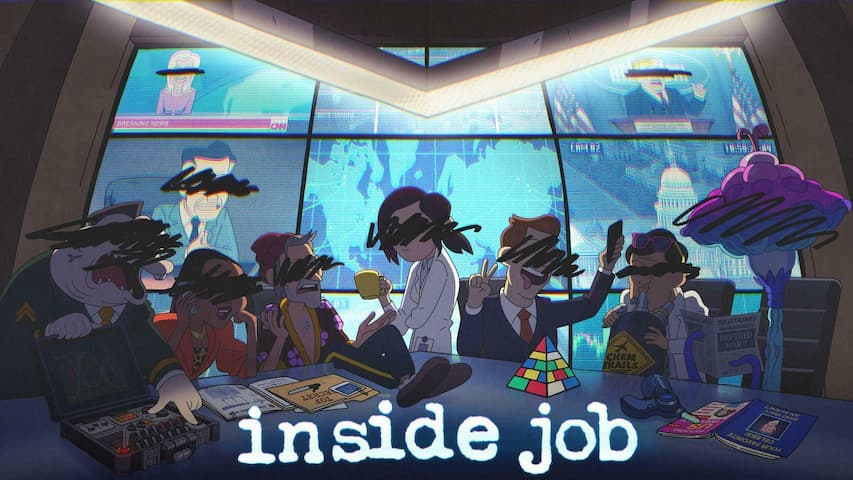
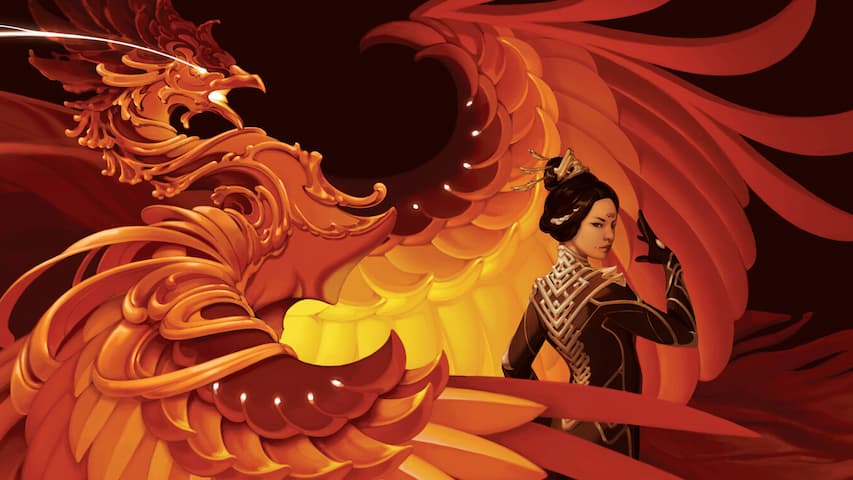
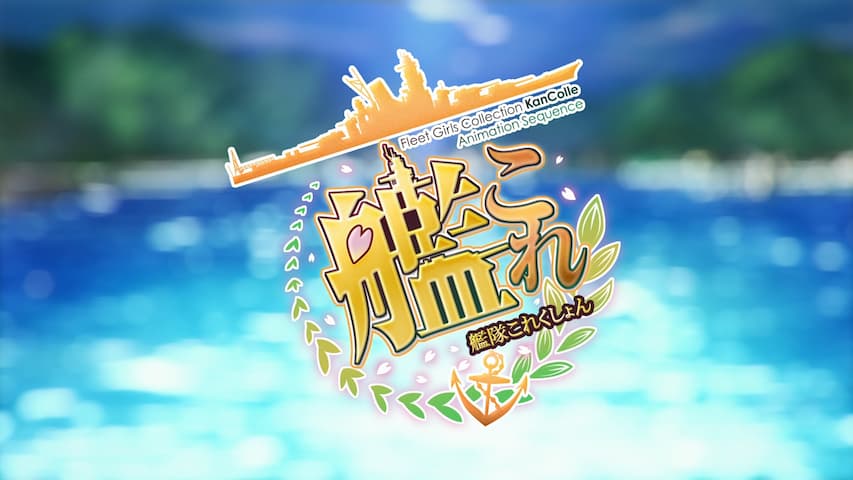
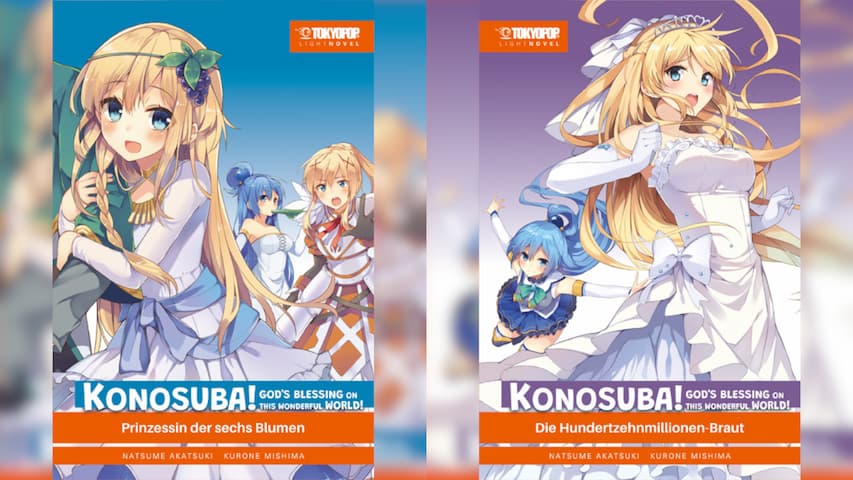
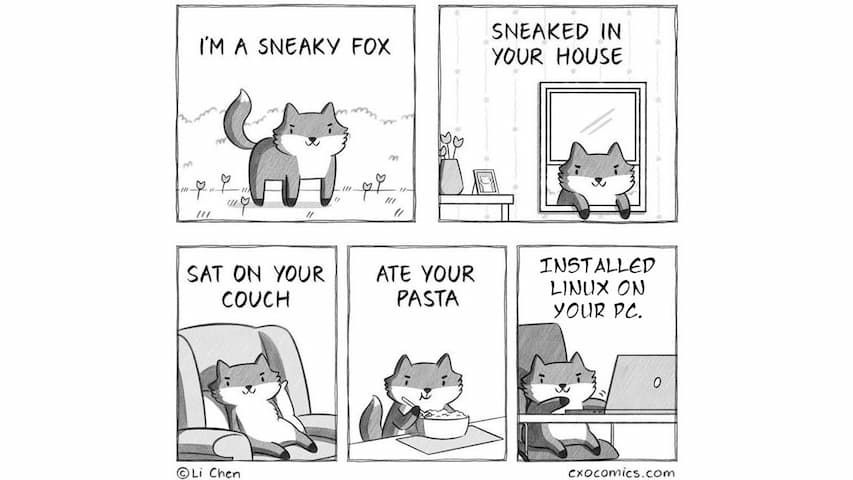
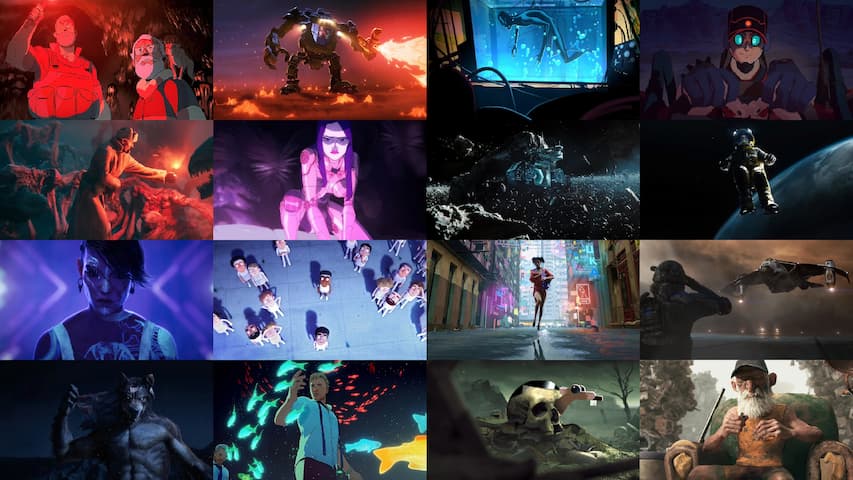
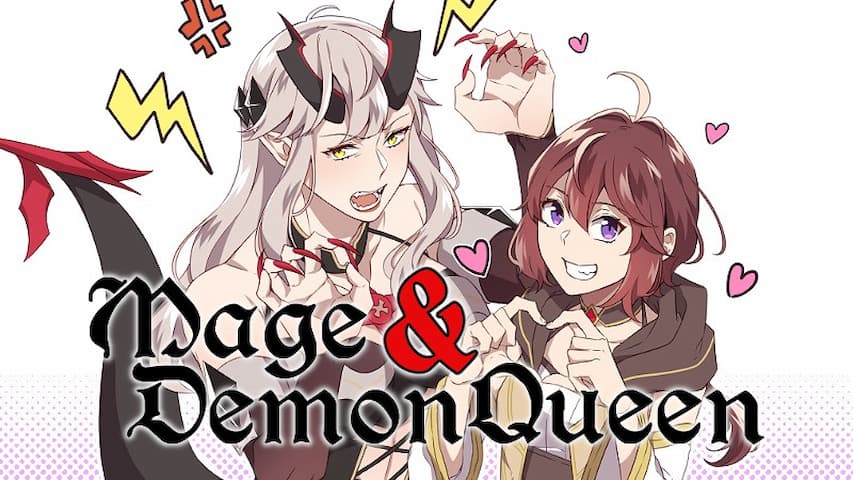
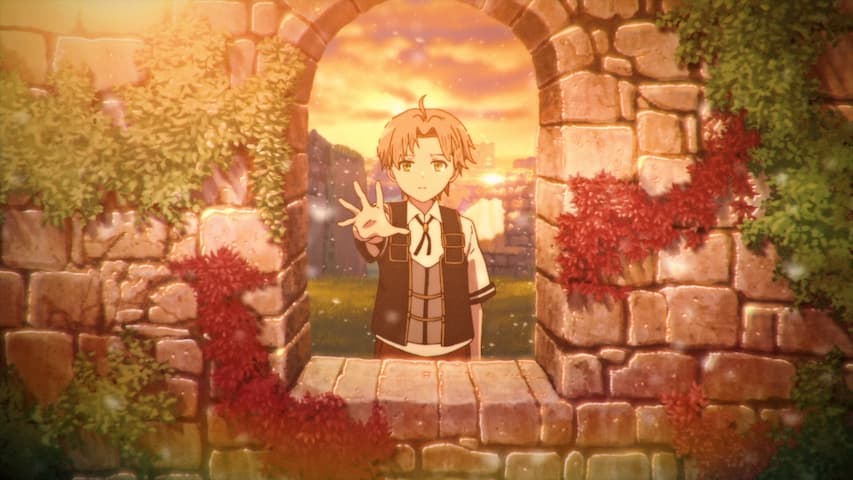

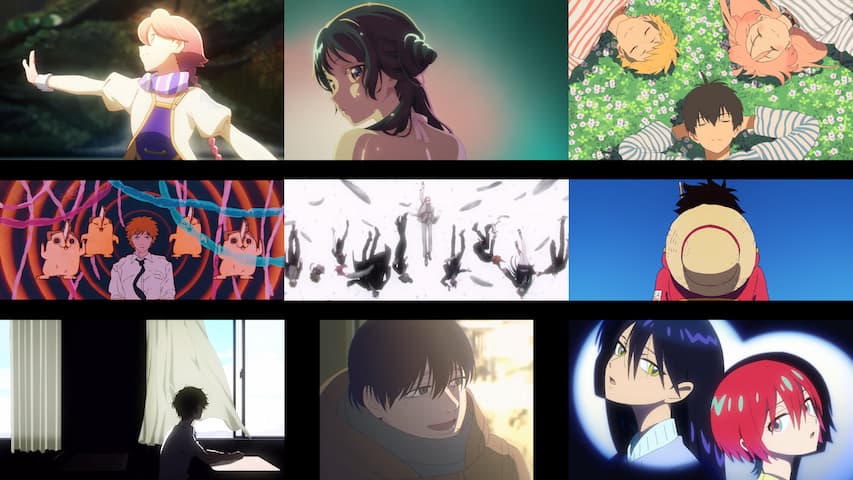

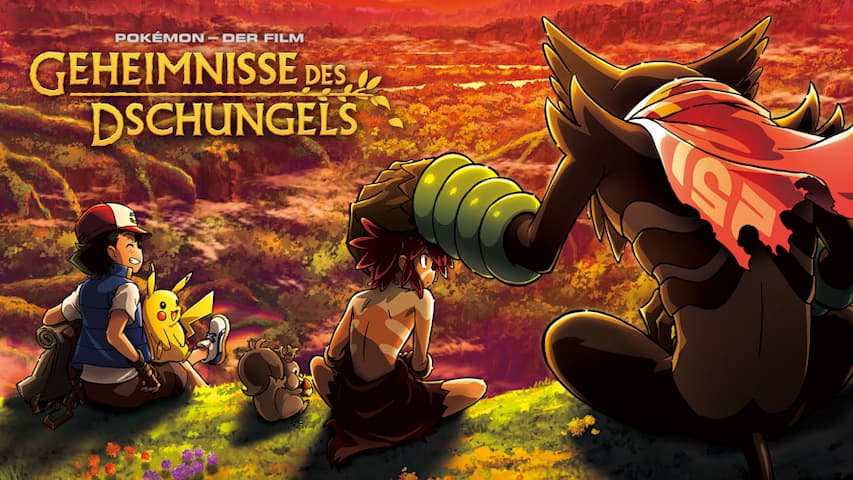
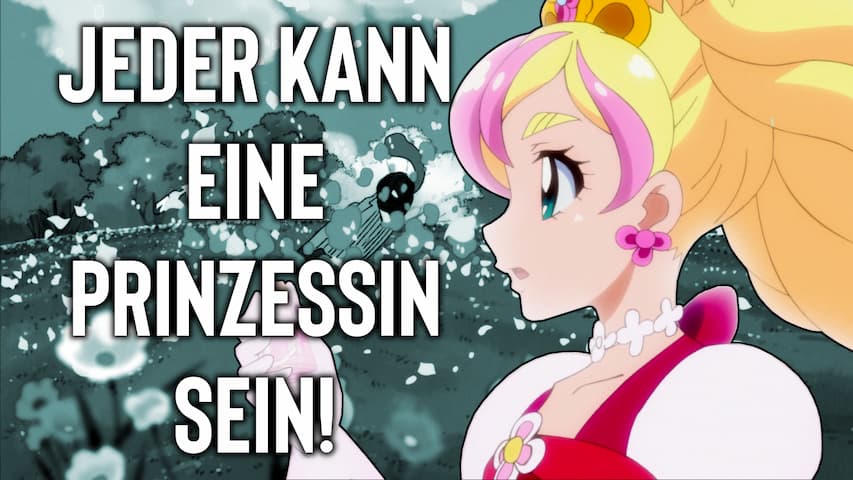

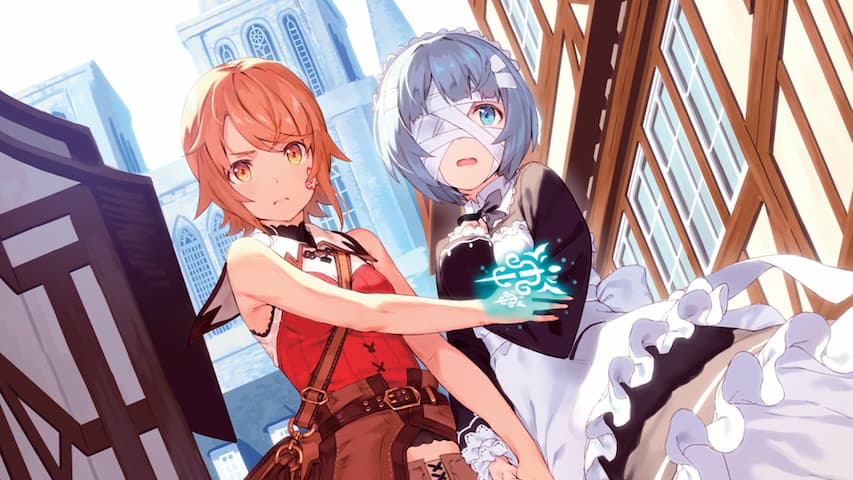
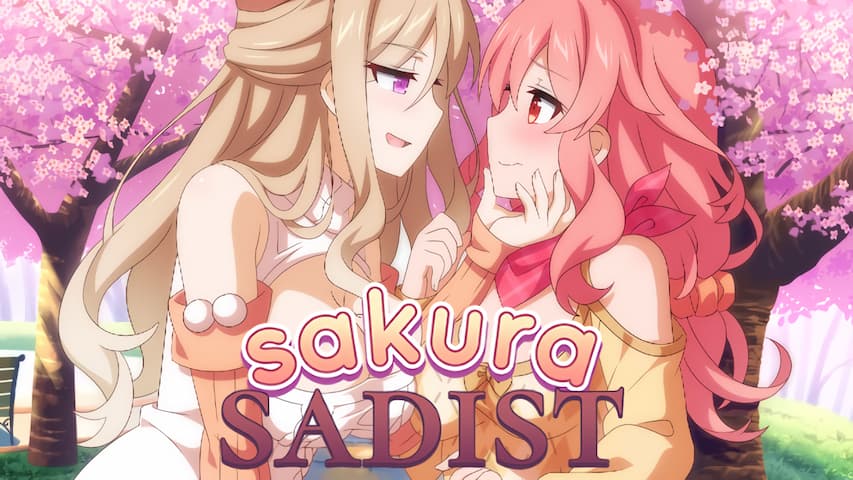
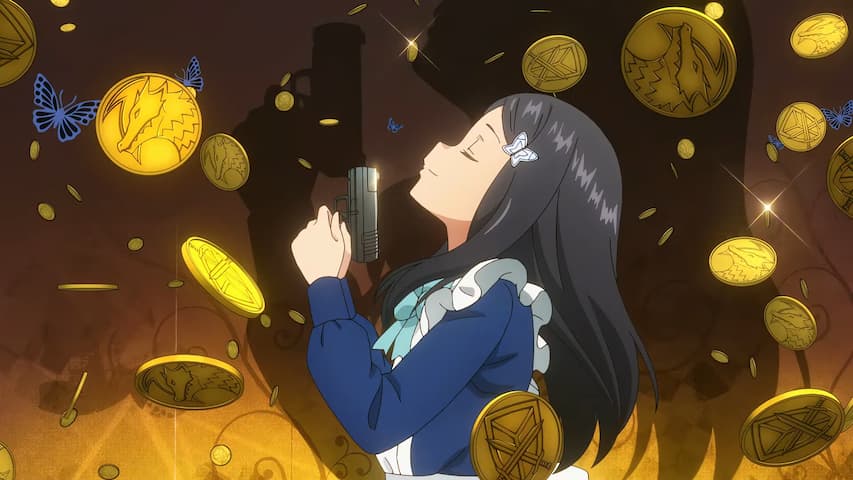

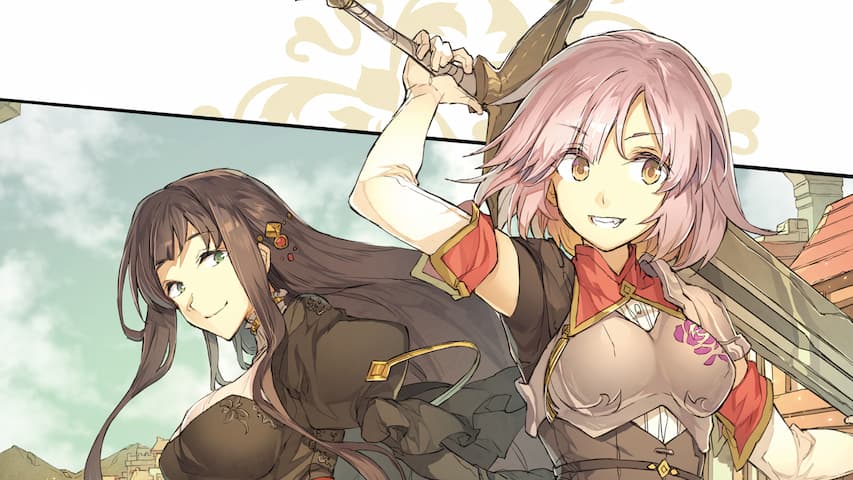

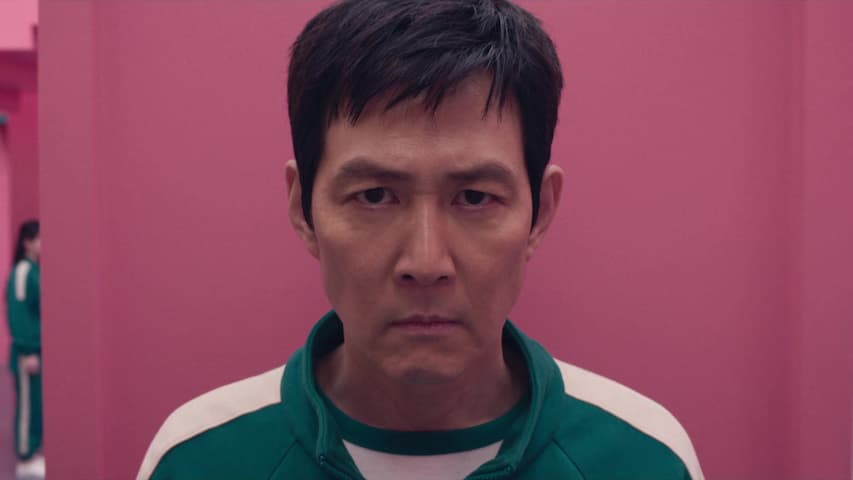

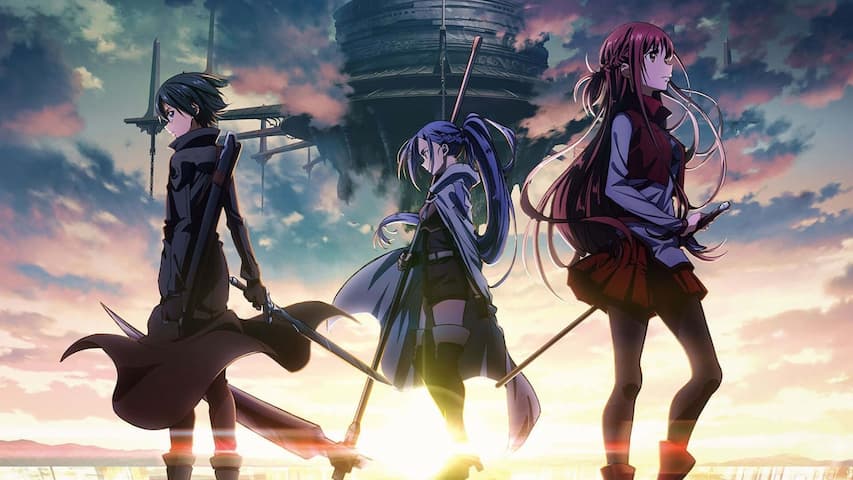
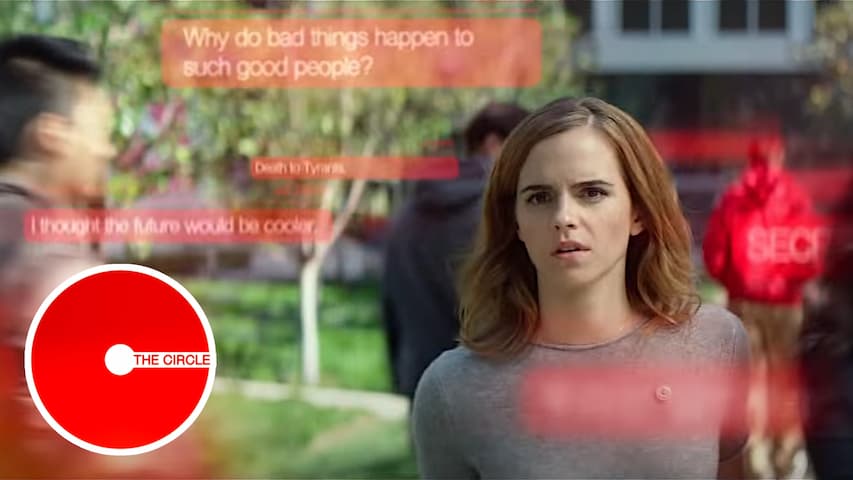
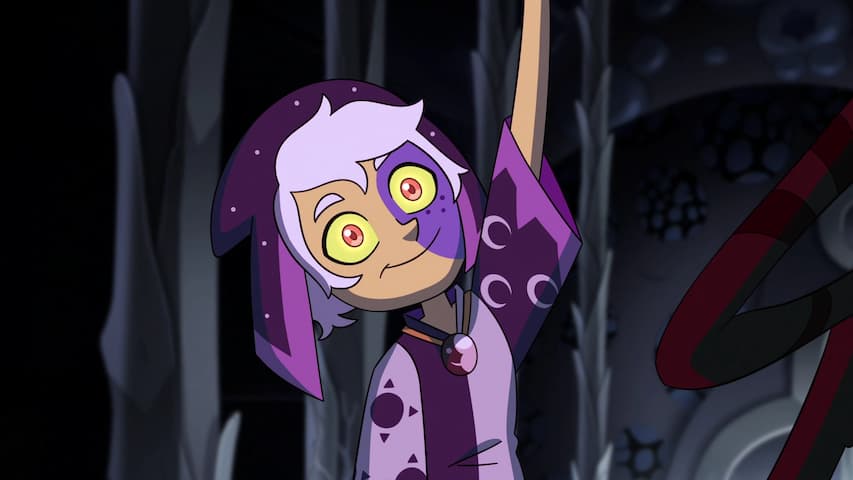
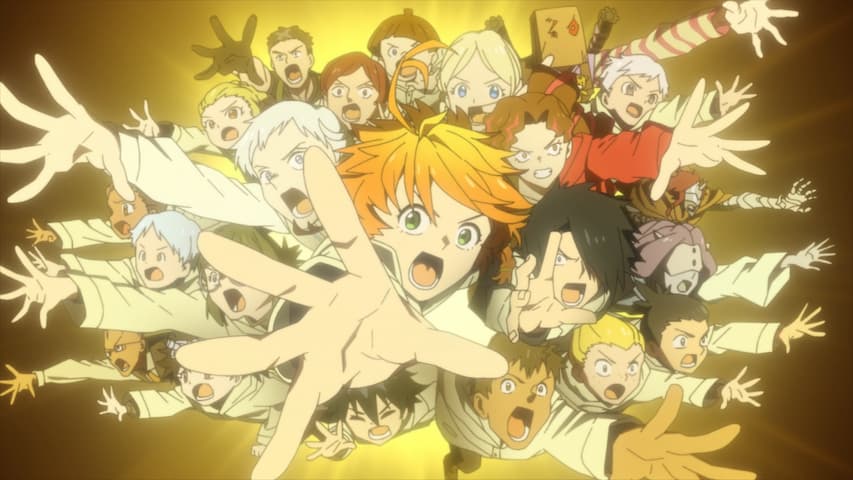

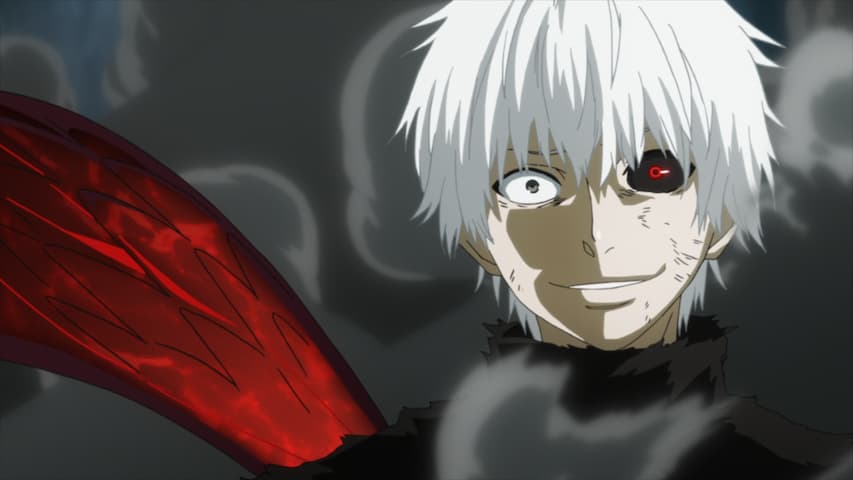

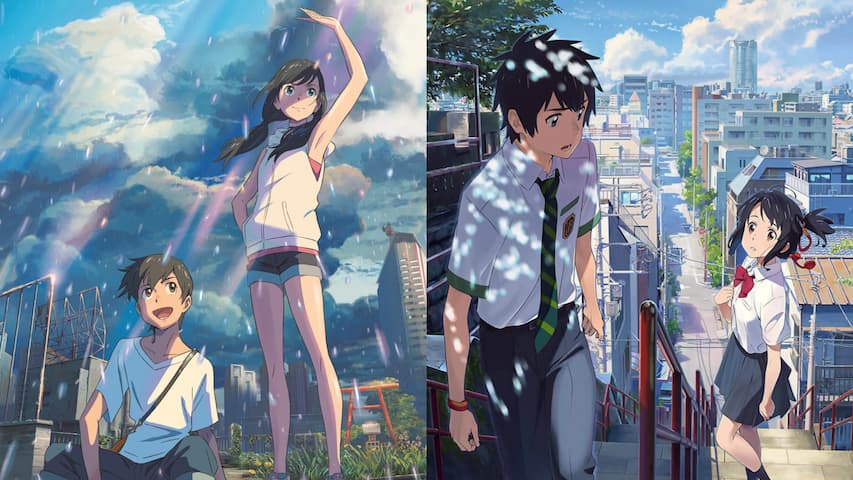




Recent Posts
2583 Words | February 8, 2026
2716 Words | December 28, 2025
3211 Words | December 12, 2025
1515 Words | October 30, 2025
7804 Words | October 3, 2025
